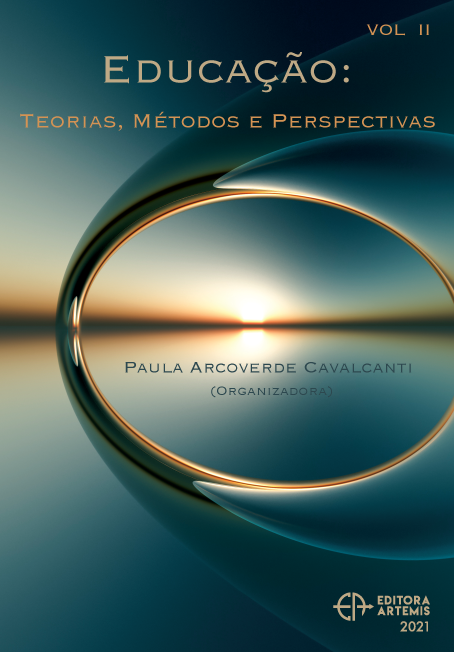
LA COMUNICACIÓN PEDAGÓGICA EN EL PROCESO EDUCATIVO DE LAS PERSONAS SORDAS COSTARRICENSES EN UN MUNDO GLOBALIZADO
O ensaio a seguir oferece uma reflexão teórica sobre as práticas educativas com surdos na Costa Rica. O objetivo é proporcionar uma reflexão a partir da legislação costarriquenha sobre eventos educacionais na Costa Rica para a população surda e com deficiência auditiva a partir da comunicação pedagógica. O ensaio aborda os seguintes eixos temáticos: Comunicação pedagógica, andaimes educacionais do ponto de vista linguístico, privação linguística do surdo, legislação costarriquenha que diz respeito ao surdo, como a Lei 9.042 sobre triagem auditiva neonatal, Lei 9.049 sobre LESCO como língua materna do surdo, Lei 2.160, Lei Fundamental da Educação, bem como o Decreto Executivo 40.955 sobre inclusão escolar; São analisadas as declarações da UNESCO sobre Educação para Todos 2030 e a Declaração Universal dos Direitos Linguísticos e, por fim, são analisadas as propostas educacionais presentes no currículo costarriquenho. Em conclusão, uma educação integral e adequada para o surdo é possível, mas para isso é necessário que haja coerência entre o fato educacional e as políticas públicas educacionais, é necessário também que haja uma exclusão temporária do surdo no seio linguístico. ambientes enriquecidos, onde o LESCO é predominantemente utilizado para potencializar todos os elementos do desenvolvimento lingüístico e cognitivo da pessoa surda que permitem sua posterior integração em outros processos educacionais e sociais.
LA COMUNICACIÓN PEDAGÓGICA EN EL PROCESO EDUCATIVO DE LAS PERSONAS SORDAS COSTARRICENSES EN UN MUNDO GLOBALIZADO
-
DOI: 10.37572/EdArt_18042131612
-
Palavras-chave: Educación para sordos, comunicación pedagógica
-
Keywords: Deaf education, pedagogical comunication
-
Abstract:
The following essay provides a theoretical reflection on educational practices with deaf people in Costa Rica. The objective is to provide a reflection based on the Costa Rican legislation on educational events in Costa Rica for the deaf and hard of hearing population from pedagogical communication. The essay addresses the following thematic axes: Pedagogical communication, educational scaffolding from the linguistic point of view, the linguistic deprivation of the deaf person, the Costa Rican legislation that concerns the deaf person, such as Law 9042 on neonatal hearing screening , Law 9049 on LESCO as the mother tongue of the deaf person, Law 2160 Fundamental Law of Education, as well as Executive Decree 40955 on educational inclusion; UNESCO's declarations on Education for All 2030 and the Universal Declaration of Linguistic Rights are analyzed, and finally the educational proposals present in the Costa Rican curriculum are analyzed. In conclusion, a comprehensive and adequate education for the deaf person is possible, but for this it is necessary that there be coherence between the educational fact and public educational policies, it is also necessary that there be a temporary exclusion of the deaf person within linguistically enriched environments , where LESCO is predominantly used to enhance all the elements of the linguistic and cognitive development of the deaf person that allow them to later integrate into other educational and social processes.
-
Número de páginas: 29
- Almitra Desueza-Delgado

